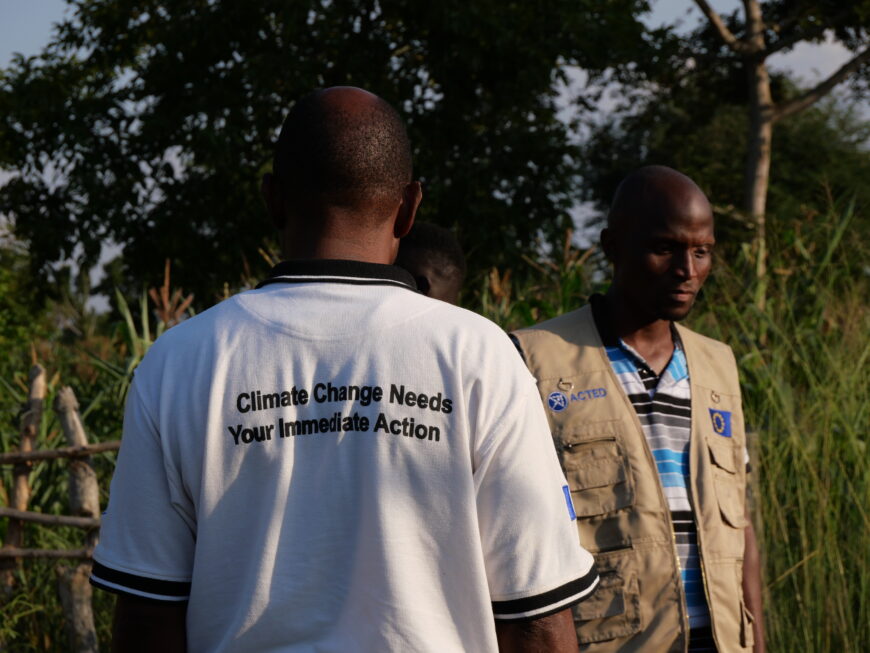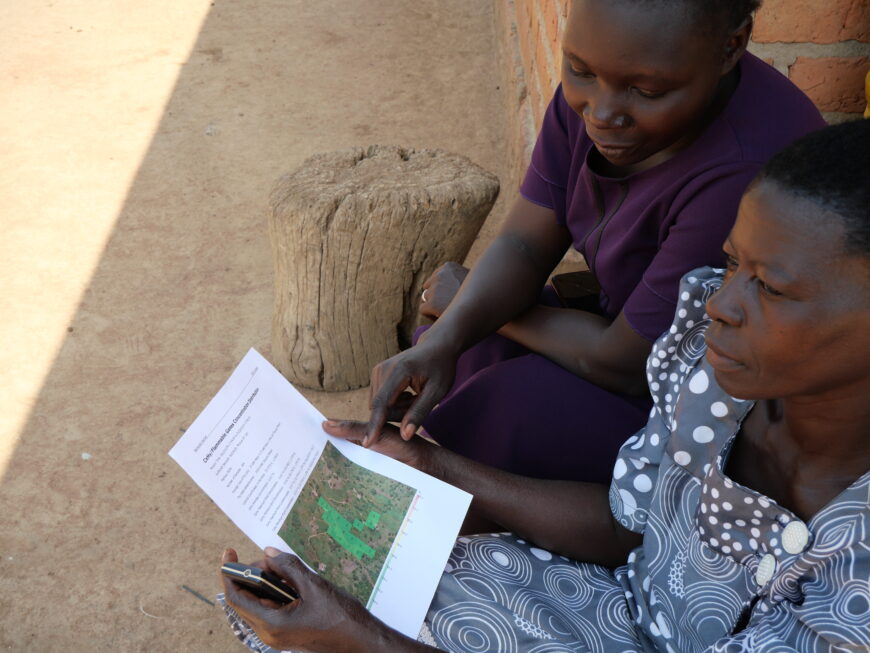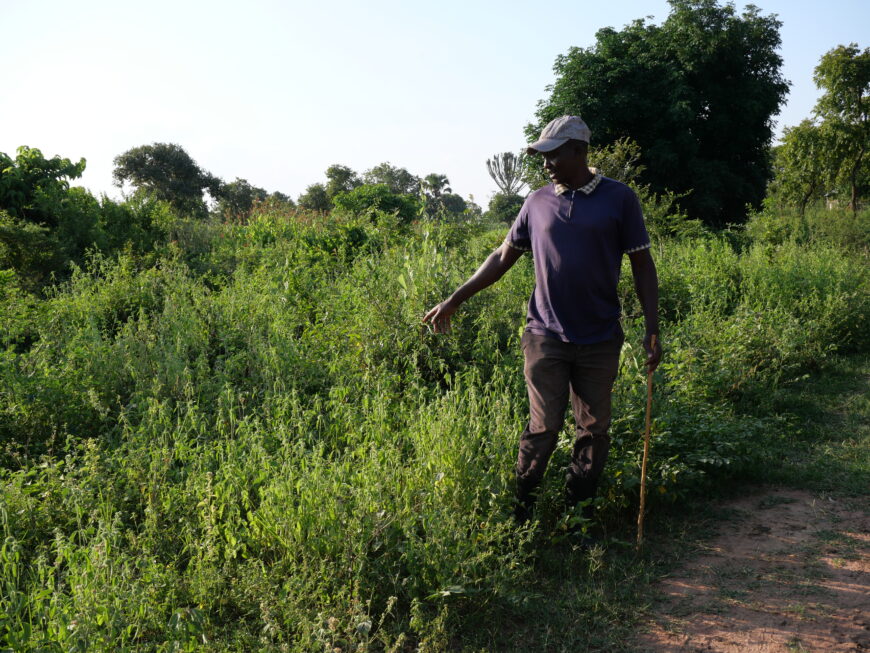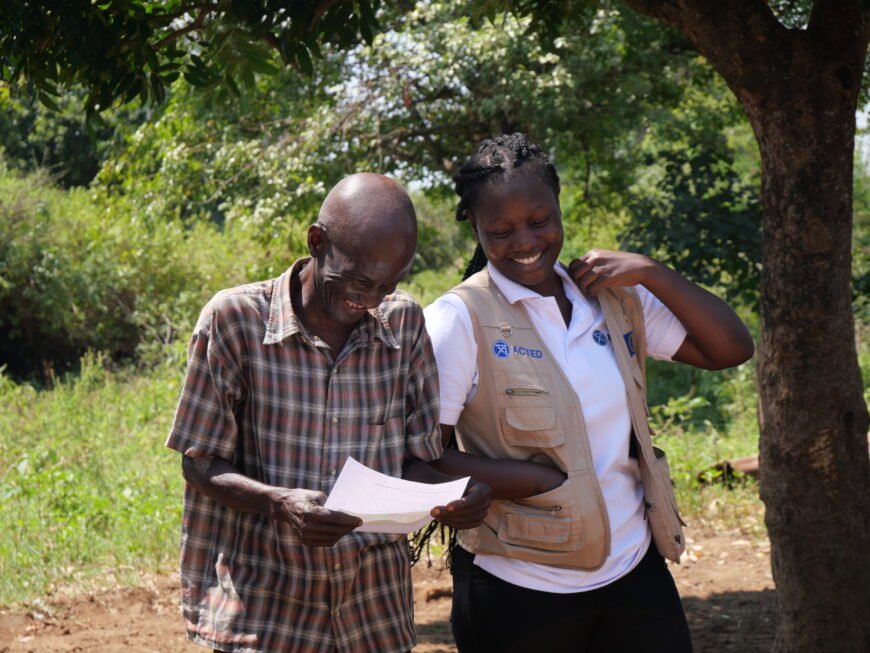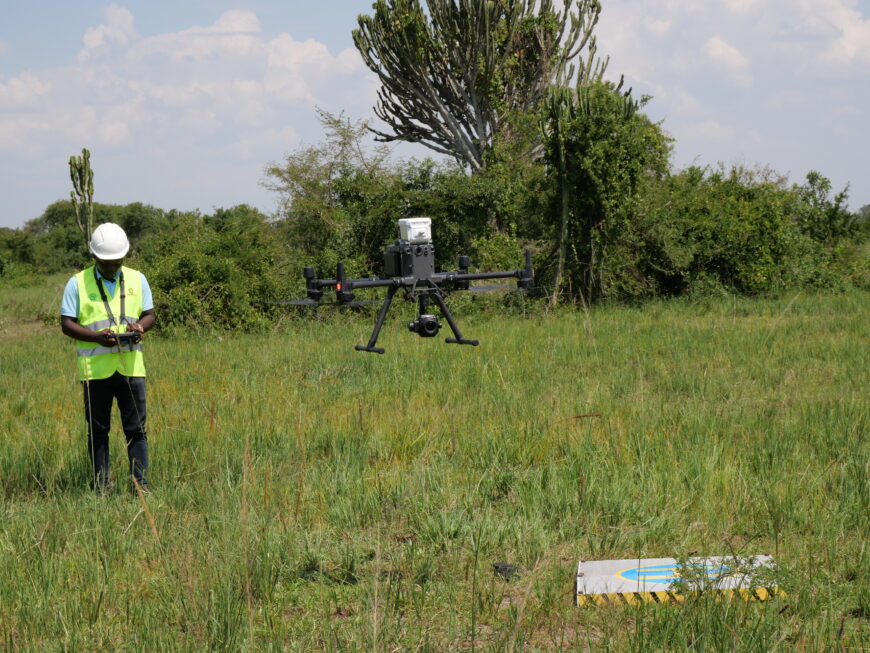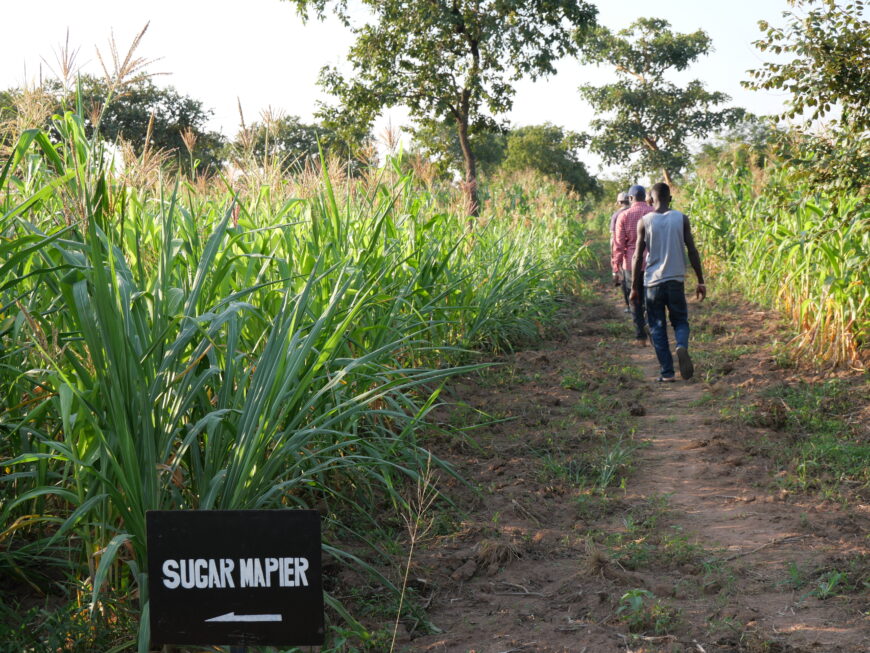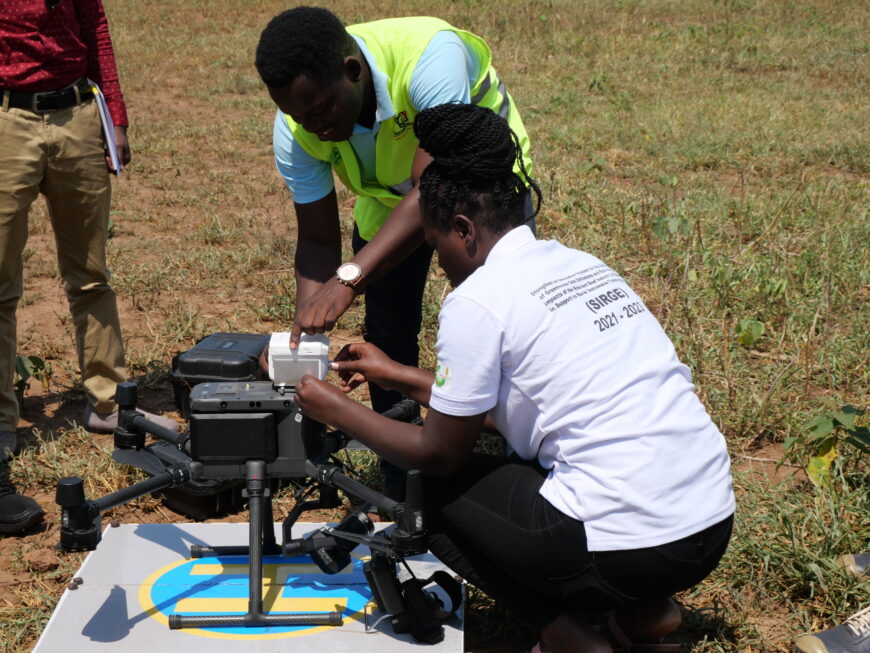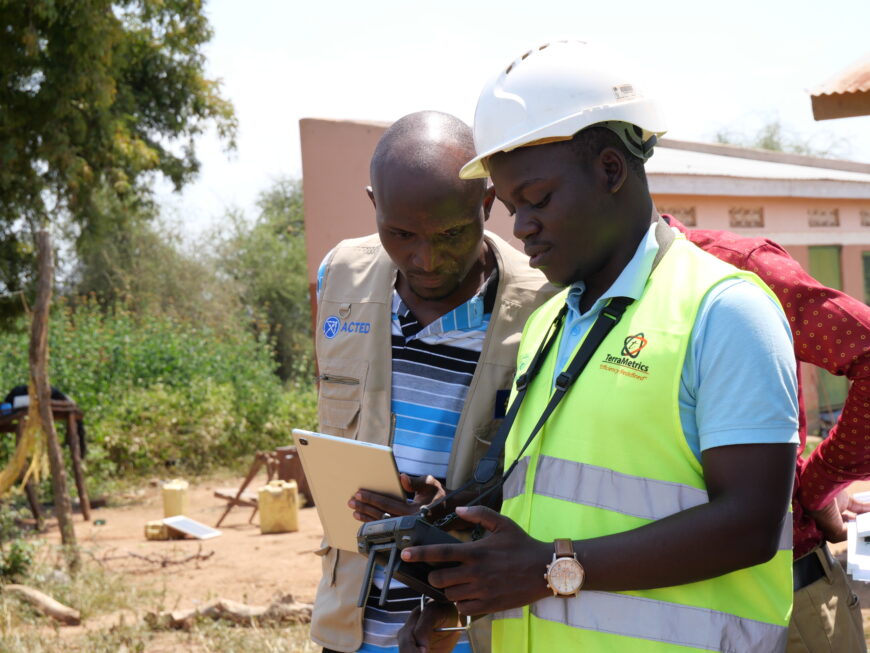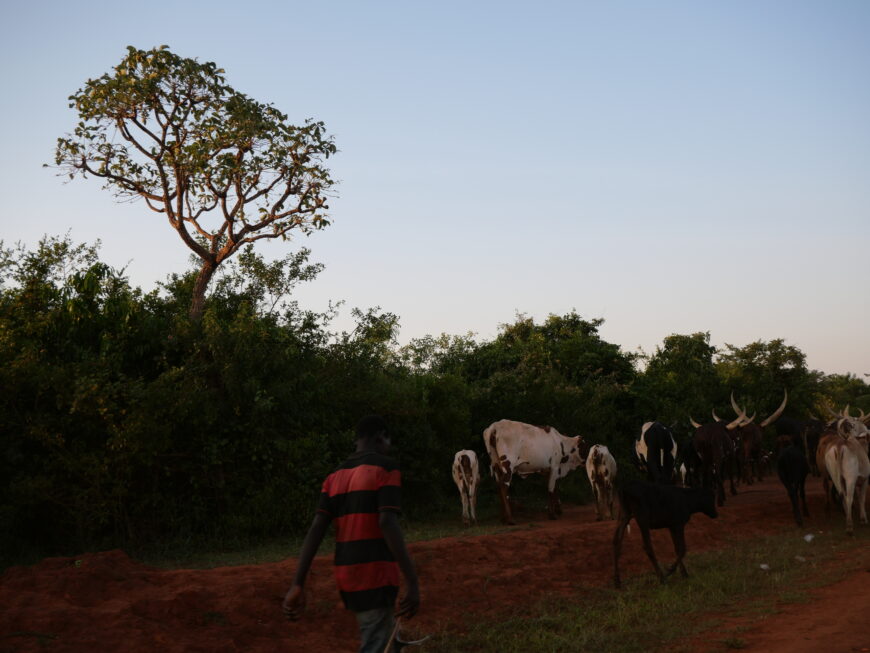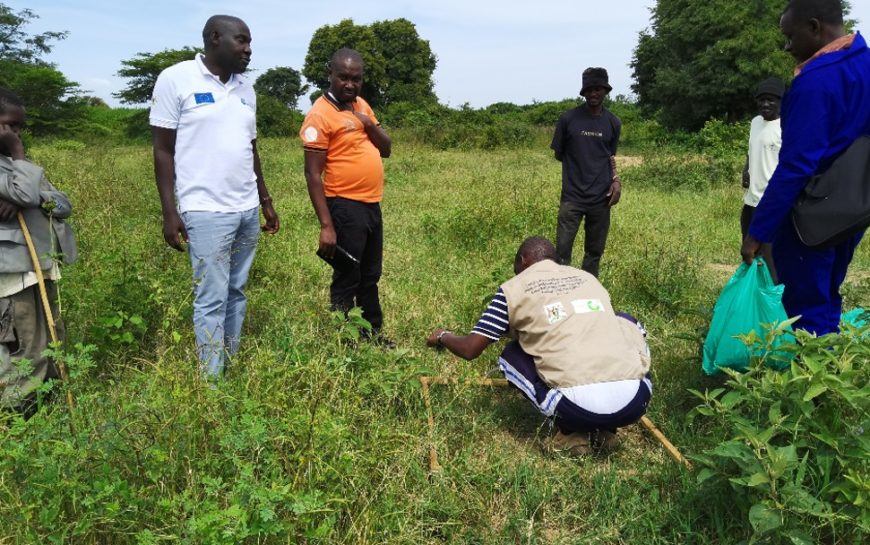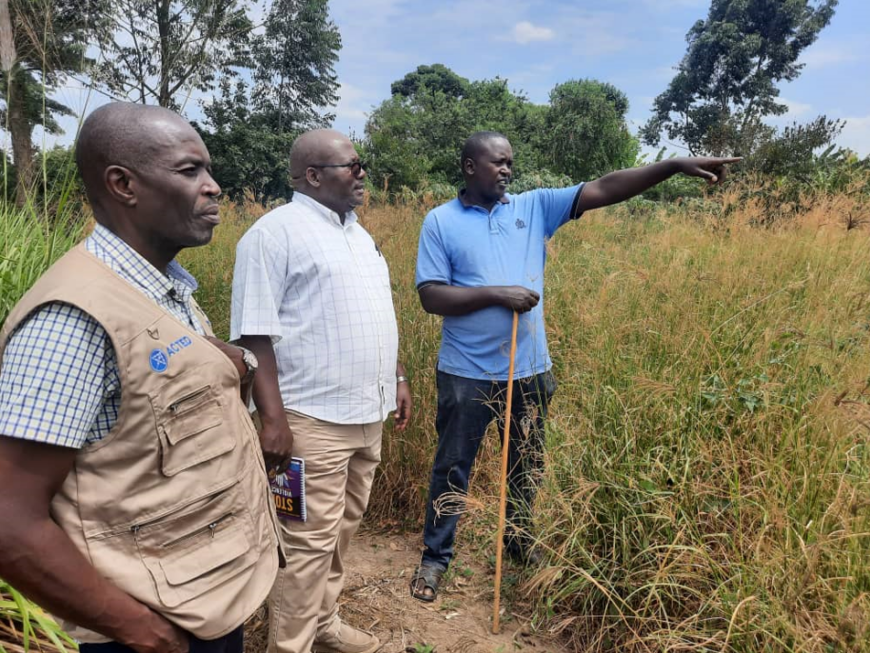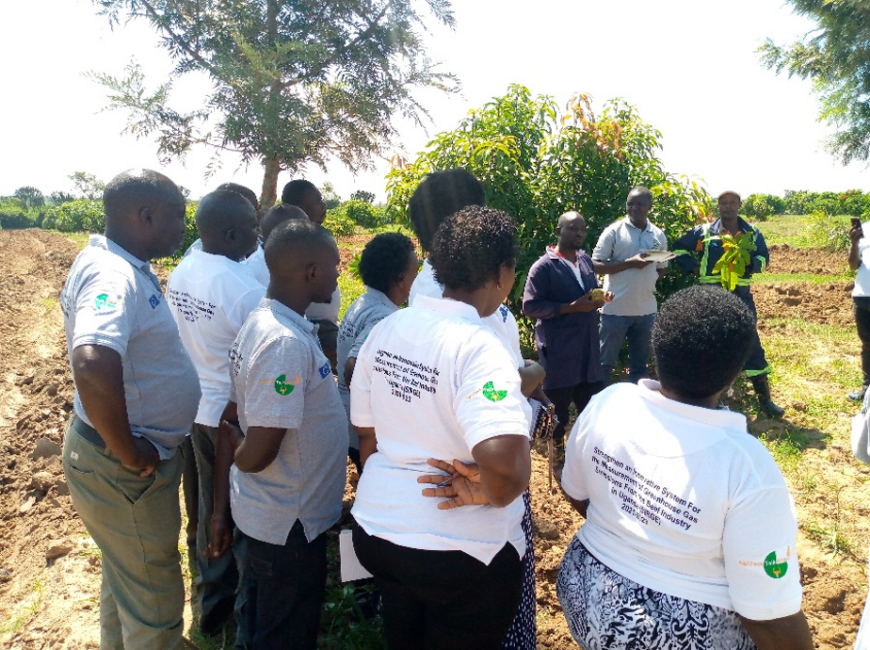In Uganda, livestock has contributed over 4% to total gross domestic product in 2021 [1]. However, there is a lack of reliable data-based measuring and monitoring systems of the carbon footprint of the beef industry in Uganda. SIRGE* is a research project, funded by the European Union, which aims to provide more accurate data on the carbon emissions from the cattle industry, while promoting innovative and climate-smart agricultural practices in Uganda.
Cattle farming is one of the most environmentally harmful agricultural practices globally. In 2021, the international agri-food systems produced the worst count of greenhouse gas (GHG) with nearly a third (31%) of the total global GHG emissions. Almost 50% of the GHG produced by the agri-food systems comes from farming activities, among which cattle farming is a major GHG emitter. Emissions from cattle’s intestine gas, belching and the breakdown of their manure alone, were responsible for almost 3,000 metric tons (Mt) and 1,500 Mt of the world’s farming emissions. [2]
*Strengthen an Innovative System for the Reduction of Greenhouse Gas Emissions and Environmental Impacts of the Nascent Beef Industry in Uganda in Support to Rural Sustainable Transformation
Why do we need to collect accurate data on the GHG emissions produced by the beef industry?
Most countries in East Africa, such as Uganda, lack accurate and up-to-date data on the GHG emissions produced by their beef industries. This information is vital as it would allow these countries to track any reductions in GHG emissions as part of the nationally determined contributions (NDCs) Instead, they rely on Tier 1 data collected by the United Nations (UN) Intergovernmental Panel on Climate Change (IPCC) in 2006 to estimate the proportion of produced GHG. This not only prevents the emergence of sustainable, data-informed cattle farming practices but also impedes the government’s decision-making on effective and sustainable agricultural practices and policies.
Through its green programme, SIRGE (St), Acted and its Ugandan partners participate in the improvement of accurate data collection related to GHG emissions in the cattle industry to:
- Reduce GHG emissions produced by the beef industry in Uganda;
- Improve the country’s national reporting processes on their National Determination Contirbutions to the UN Framework Convention on Climate Change (UNFCCC);
- Inform the district and national governments on climate-smart actions for the preservation of the environment, the adaptation to and mitigation of climate change.
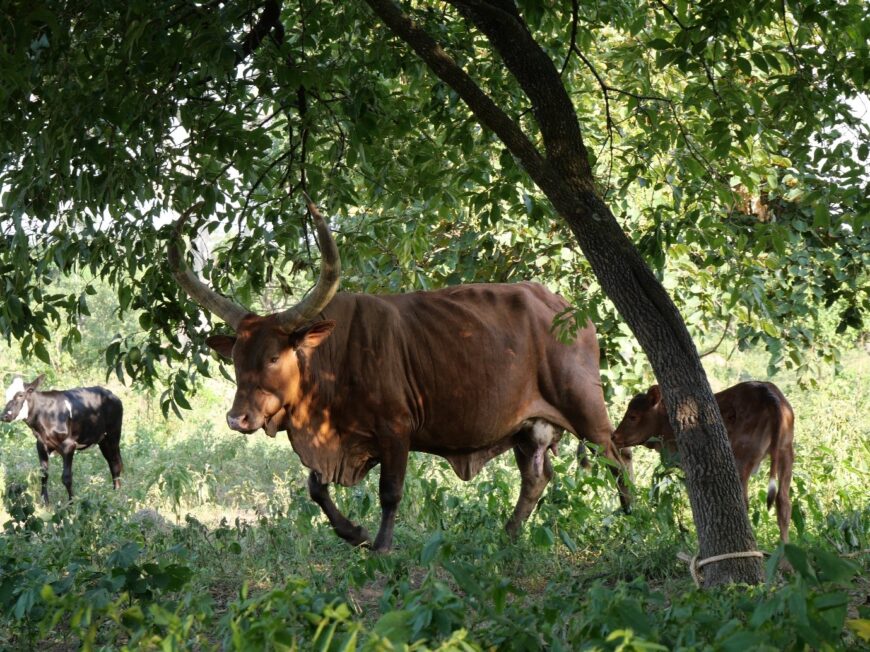
Why is SIRGE important?
Beef industry is a key economic sector, supporting many pastoralist and farming families in Uganda. The country counts 14.2 million heads of cattle which generate 7% of the total agricultural production and 4.3% of the gross domestic product. Most of the livestock products exported by the country are dairy products which, along with eggs, represent a total annual revenue of 80 million dollars (USD).[3]
In parallel, the government of Uganda is implementing several policies which aim to reduce by 22% the overall GHG emissions of the country by 2030. Thus, it is crucial to provide the farmers and the government in Uganda with reliable tools to help them make the best decisions for to cut GHG emissions in the beef industry.
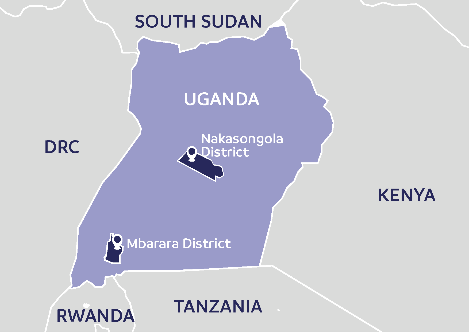
Acted is supporting the efforts of the Ugandan government through its flagship initiative SIRGE.
SIRGE is one of Acted’s flagships programmes contributing to the preservation of the environment while guaranteeing local communities’ livelihoods. This three-year research project is being implemented by Acted and its partners in the cattle corridor* districts of Nakasongola and Mbarara, Uganda.
*The cattle corridor is a livestock farming region in Uganda, crossing the whole country and stretching from Karajoma, North-East, to Mbarara, South-West.
SIRGE is an innovative and groundbreaking project supported by the European Union. By the end of the project, Acted and its partners will have achieved the following:
- Establishment of an accurate and up-to-date database on livestock in Uganda to determine the best nutritional regimes and breeds for GHG emission reduction;
- Creation of reliable and ready-to-use predictable systems, corresponding to IPCC Tiers 2 & 3 methodology standards, to improve farmers and policy makers’ knowledge on current and future GHG emissions;
- Support to beef farmers with new technologies that are cost-effective and more sustainable;
- Provision of livestock evidence-based knowledge and livestock farming management to farmers and policy makers to adapt to and/or mitigate climate change impacts;
- Engagement with the government on policy-making for better data-informed and more sustainable agricultural policies.
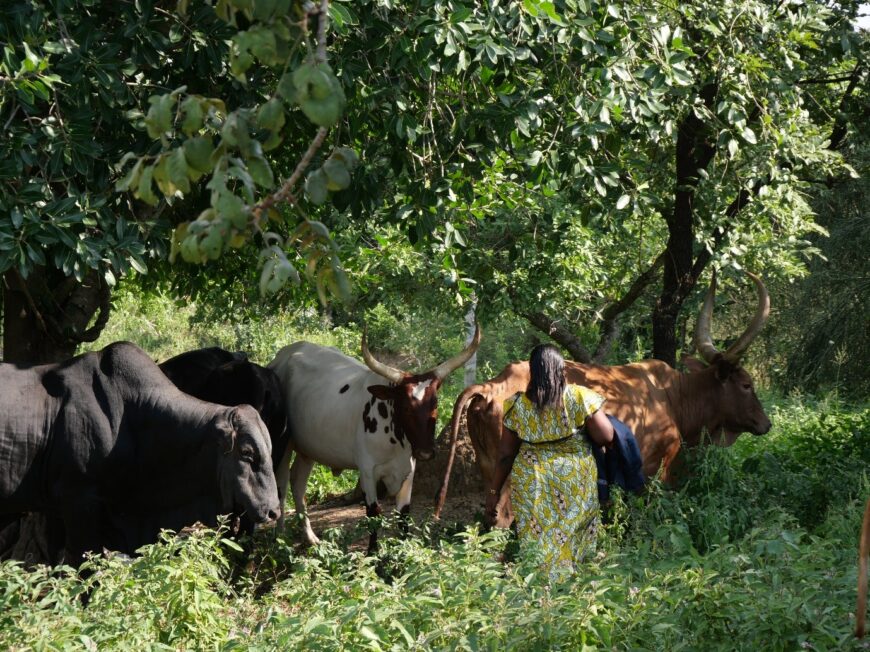
How does SIRGE work?
Acted is leading a consortium of actors, across all sectors, who bring their technical expertise and groundbreaking technologies to reduce GHG emissions in the beef industry in Uganda.
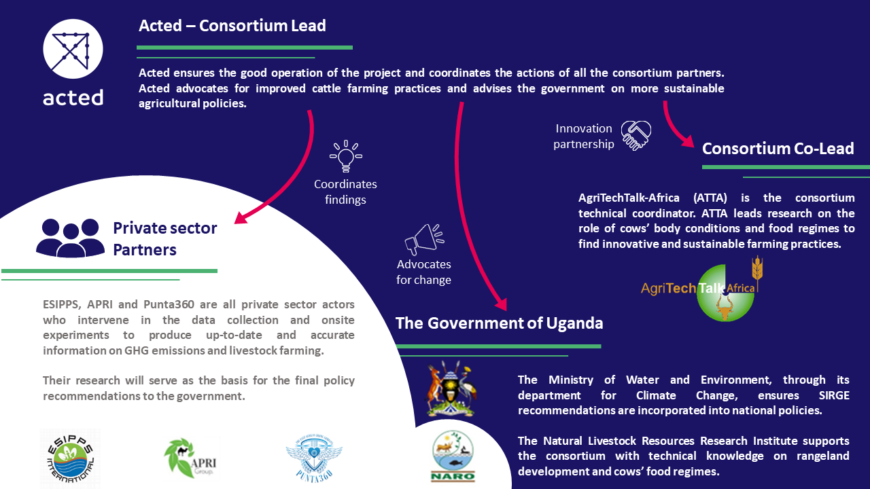
SIRGE is funded by the European Union. Acted conducts several projects across Uganda and East Africa with the generous support of the European Union and its various agencies, most notably in the sectors of assistance of displaced people and climate-change mitigation.

What has SIRGE achieved so far?
- 1 national database, the first of its kind, to assess the GHG emissions in Uganda
- 613 women & youth were trained on climate-smart livestock practices
- 4,200 cattle animals have been chipped with electronic ID to secure farmers’ ownership
- 56 farmers were trained on cattle feeding to reduce GHG and increase their productivity
SIRGE activities in pictures
[1] According to the 2021 data of the Ministry of Finance, Planning and Economic Development of Uganda.
[2] All given figures come from: Supply chain joins deforestation and farming practices as main source of emissions in agri-food sector (fao.org)
[3] All given figures come from: Beefing up: An analysis of Uganda’s beef export competitiveness | Agrifood Economics | Food and Agriculture Organization of the United Nations (fao.org)
